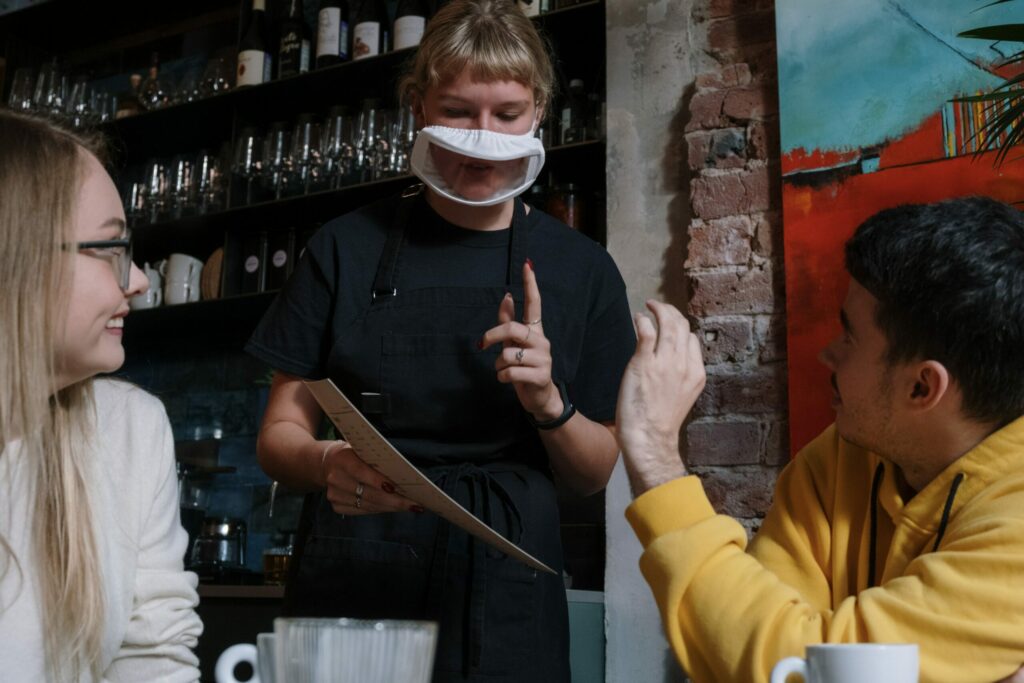By SWNS Staff
NEWS COPY W/ VIDEO + INFOGRAPHIC
More than half of Americans have encountered some form of discrimination against people with disabilities, according to new research.
A new survey reveals that out of 2,000 respondents only 43% said they’ve never witnessed any examples of a disabled person being discriminated against.
Meanwhile, 56% said they’ve seen discrimination taking place, most frequently at restaurants (30%), malls and stores (27%) and public transport (24%).
But despite these sobering numbers, most Americans think the country is becoming more inclusive towards people with disabilities.
The survey was conducted by OnePoll on behalf of Morgan’s Inclusion Initiative, a 501 c3 nonprofit dedicated to creating places for people of all abilities.
Results found only 28% of respondents are involved with a local disability advocacy group in their community — and out of those who aren’t, 24% cited a lack of personal connection to the issue.
When there is that personal connection, the number jumps up; in fact, 78% of parents of children with a disability are involved in disability advocacy groups.
“We’ve seen firsthand that strong and continuing emphasis needs to be focused on bringing together those with and without special needs for a greater understanding of one another,” said Gordon Hartman, chairman of the board of Morgan’s Inclusion Initiative, based in San Antonio, Texas.
Parents also listed some of the difficulties they face in their local community around disability awareness.
According to one respondent, people need to make more of an effort to “recognize [that] not all disabilities are physical.”
Another said that their adult child has “a chronic illness disability. There is very little support for these types of invisible illnesses.”
“We’ve come a long way in spotlighting inclusion, yet we need to continue looking for opportunities to make this a more inclusive nation for individuals with special needs,” Hartman added. “All of us – whether we have a personal connection to this issue or not – can become advocates for inclusion.”
